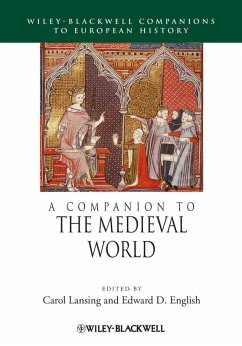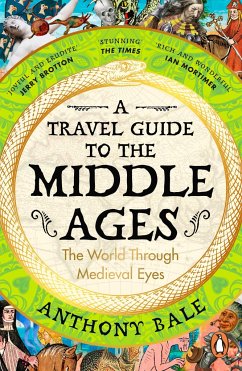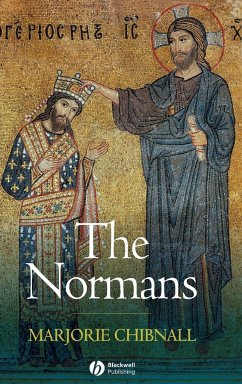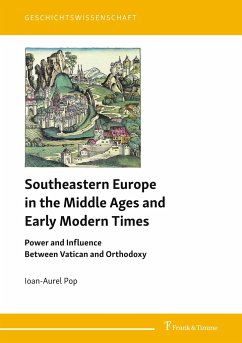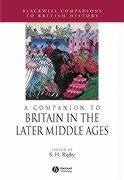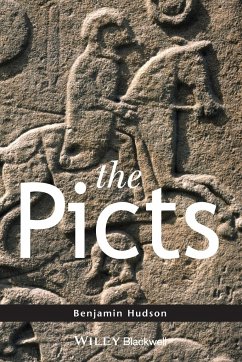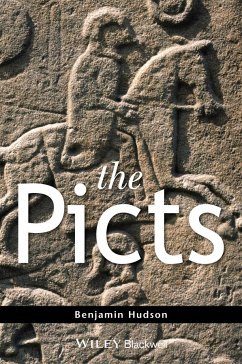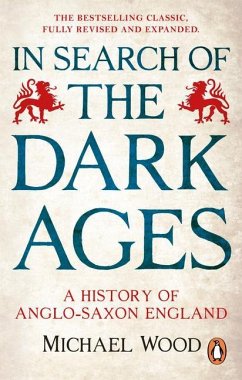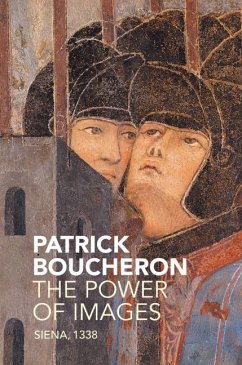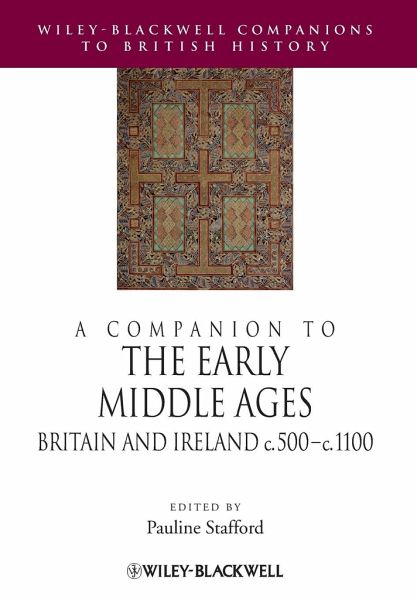
A Companion to the Early Middle Ages
Britain and Ireland C.500 - C.1100
Herausgegeben von Stafford, Pauline
Versandkostenfrei!
Versandfertig in über 4 Wochen
56,99 €
inkl. MwSt.
Weitere Ausgaben:

PAYBACK Punkte
28 °P sammeln!
Drawing on 28 original essays, A Companion to the Early MiddleAges takes an inclusive approach to the history of Britain andIreland from c.500 to c.1100 to overcome artificial distinctions ofmodern national boundaries.
A collaborative history from leading scholars, coveringthe key debates and issues
Surveys the building blocks of political society, and considerswhether there were fundamental differences across Britain andIreland
Considers potential factors for change, including the economy,Christianisation, and the Vikings
A collaborative history from leading scholars, coveringthe key debates and issues
Surveys the building blocks of political society, and considerswhether there were fundamental differences across Britain andIreland
Considers potential factors for change, including the economy,Christianisation, and the Vikings




